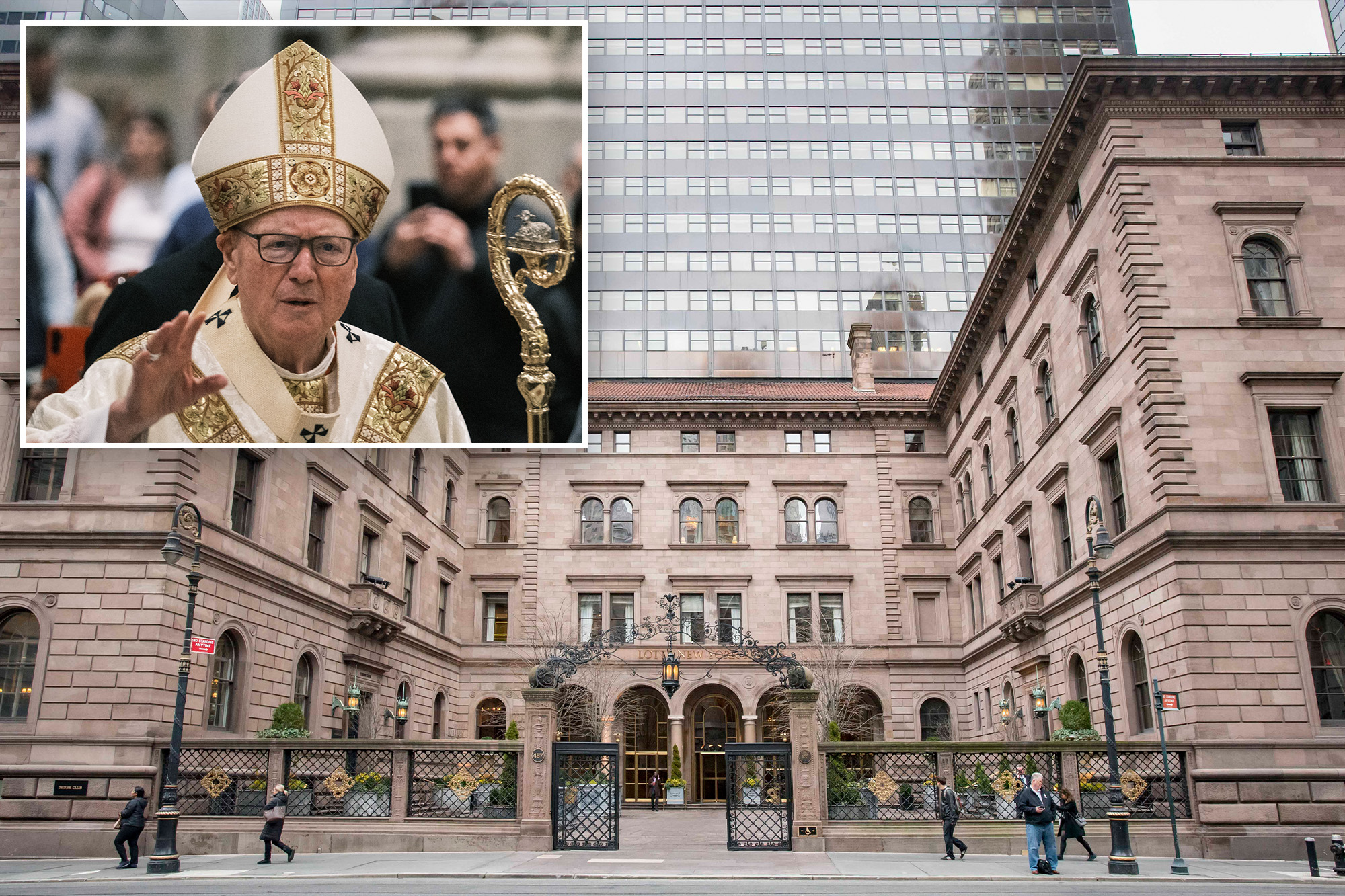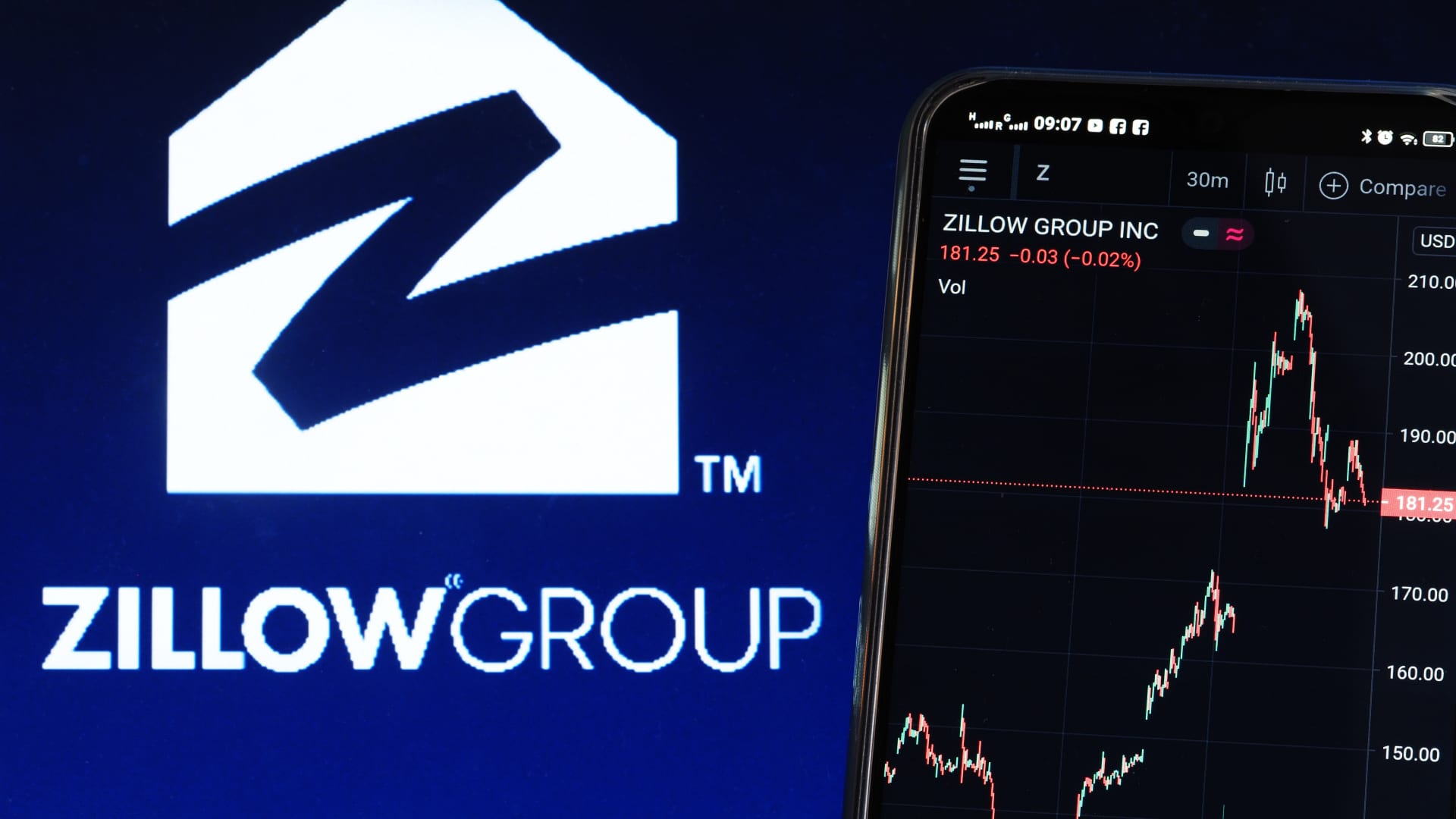T
he Shadowy Realm of Corporate Secrecy Just Got a Whole Lot Darker
In a stunning reversal, the federal government has effectively gutted a law aimed at shedding light on the shadowy world of corporate secrecy. The move, sparked by a single tweet from Elon Musk, has left advocates for transparency reeling and raised questions about the motivations behind the sudden change.
The Corporate Transparency Act, passed in 2020 with bipartisan support, required shell companies to disclose their true owners to the Financial Crimes Enforcement Network (FinCEN). The law was designed to crack down on money laundering and terrorist financing, but its impact went far beyond that. It also aimed to curb the ability of the global superrich to hide their wealth behind a veil of anonymity.
For years, wealthy individuals and corporations had been using shell companies to conceal their real-estate holdings, often with little more than a nod from corrupt officials. The Trump Soho, 20 Pine, and other luxury condominiums in Manhattan were just a few examples of properties bought and sold through anonymous entities. Russian oligarchs, Chinese buyers, and other foreign investors had been secretly snapping up properties, using the anonymity provided by shell companies to stash their wealth.
The law's supporters saw it as a crucial step towards transparency, but its opponents argued that it created an undue burden on legitimate businesses and individuals who used LLCs for legitimate purposes. The law's opponents also claimed that the disclosure requirements would be too expensive to implement and enforce.
Despite these concerns, the law was set to take effect in March 2025, with FinCEN collecting documentation from an estimated 32 million corporate entities. But then Elon Musk tweeted, and everything changed.
A comedian and entrepreneur named Terrence Williams had posted a complaint about the government's "ridiculous" BOI rule on X, tagging Musk in the process. Musk replied that he would look into it, and the next day, the Treasury Department announced that it would not enforce the deadline and would narrow the scope of its rules to cover only foreign companies.
The move was met with outrage from advocates for transparency, who saw it as a betrayal of the law's original intent. "That was essentially gutting the Corporate Transparency Act by fiat," said Ian Gary, executive director of the FACT Coalition.
The impact of the reversal will be felt far beyond the world of corporate secrecy. Foreign investors can now easily set up anonymous companies in the US, using them to funnel dirty money into the country. The revised rules create an "incredibly perverse incentive" for foreign criminals to "onshore" their activities, according to Scott Greytak, director of advocacy at Transparency International U.S.
As the federal government abdicates its responsibility to shed light on corporate secrecy, it's left to individual states like New York to pick up the slack. But even that may not be enough, as the state law is now in question due to the federal rollback.
The sudden change has raised more questions than answers. What motivated the Treasury Department to abandon a law that had been years in the making? And what does it say about the priorities of the current administration?
One thing is certain: the shadowy realm of corporate secrecy just got a whole lot darker.














